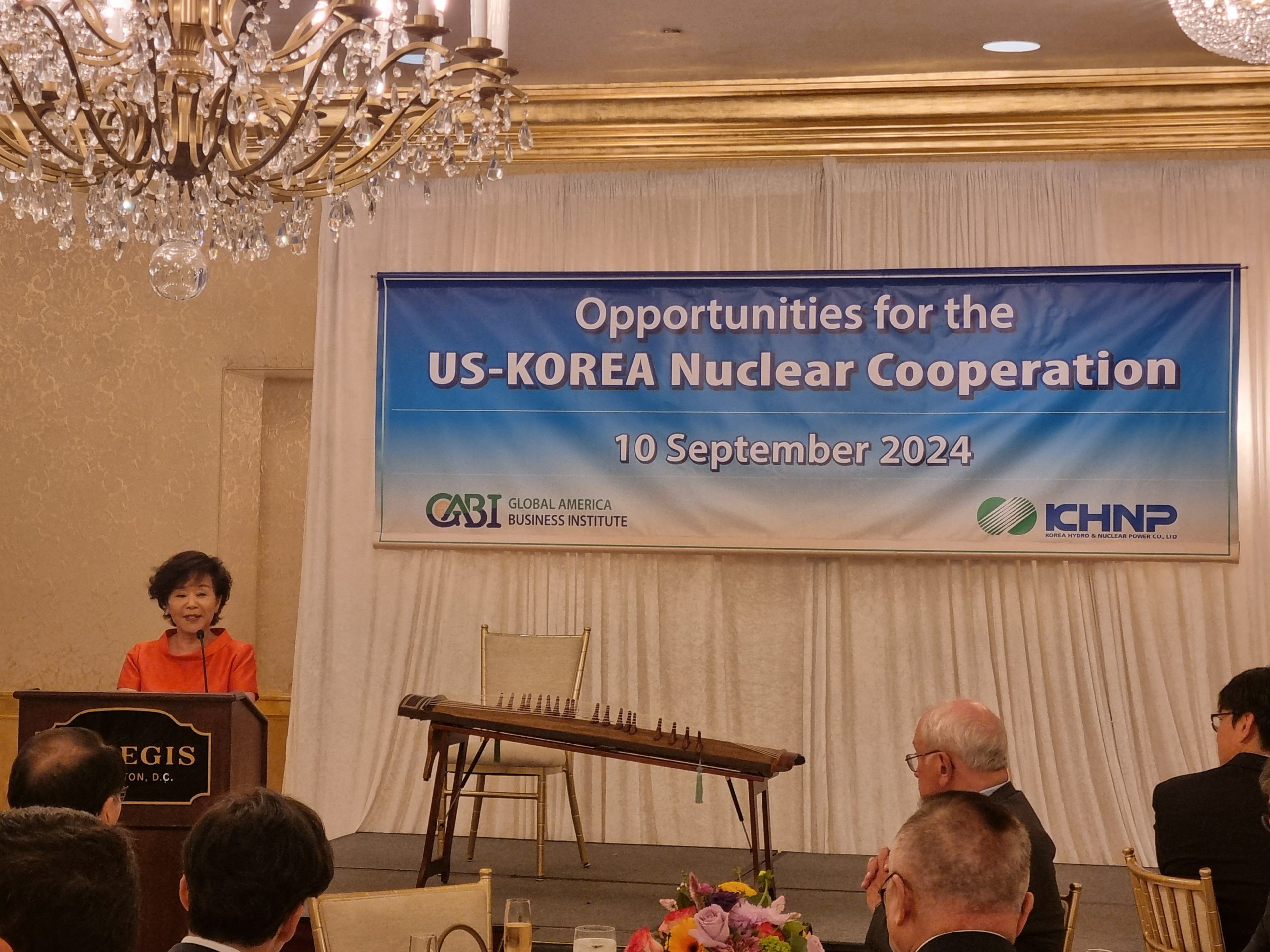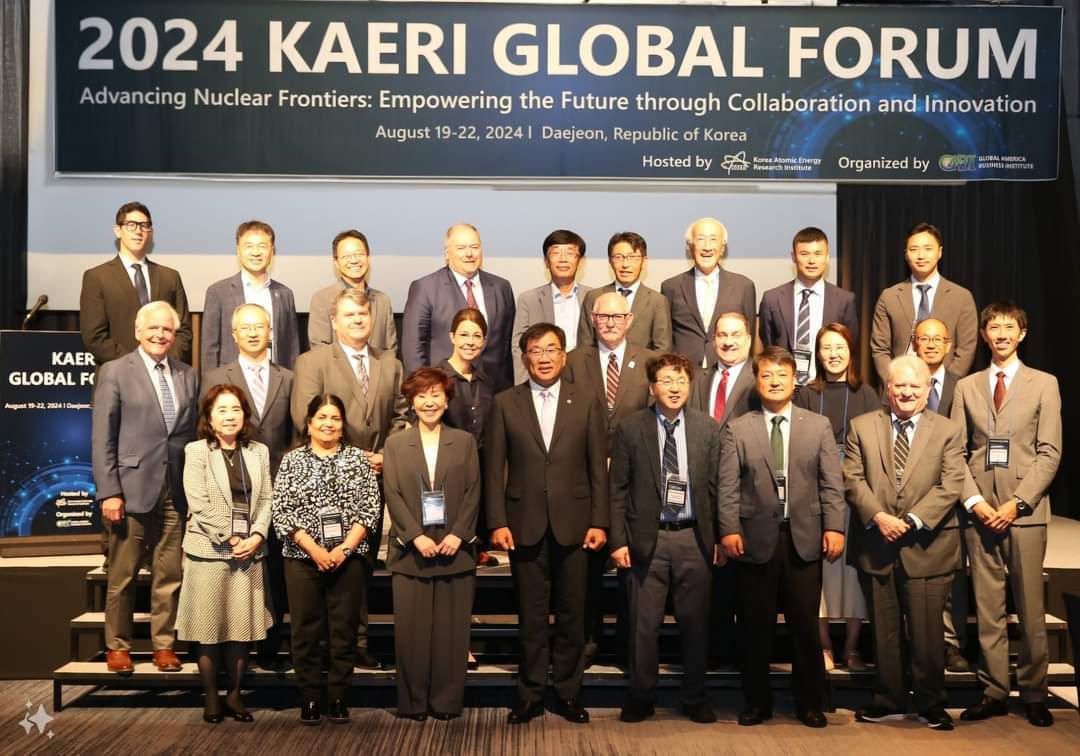Political instability in the Middle East and geopolitical disputes between the US and Russia pose grave threats to energy security worldwide. While the shale gas revolution has dramatically improved energy independence in the US, many countries throughout the world remain critically dependent upon fossil fuel imports from key regions. With global energy demand rapidly increasing and countries like China and India aggressively seeking oil and gas supplies abroad, it will be essential for states wholly reliant upon fossil imports to search for means to mitigate energy insecurity. Given the heightened risk of energy supply disruptions from geopolitical factors, the considerable costs of renewables integration, and the imperative of carbon mitigation, nuclear power should be considered a virtual necessity. Moreover, for countries with energy intensive industries and little to no international grid connectivity, such as Korea and Japan, nuclear energy is an absolute must. In particular, certain advanced Generation IV reactor technologies, such as sodium fast reactors, hold significant promise in terms of enhanced passive safety, more manageable waste streams, and dramatically improved uranium utilization. These advantages are especially attractive for countries with high population densities and limited potential repository space, which put safety and waste management at a premium.
Enhancing Global Energy Security: The Role of Nuclear Power
September 30, 2014
By admin|2018-01-30T10:27:26-05:00September 30th, 2014|Categories: Nuclear Energy, Nuclear Energy Workshops|0 Comments















